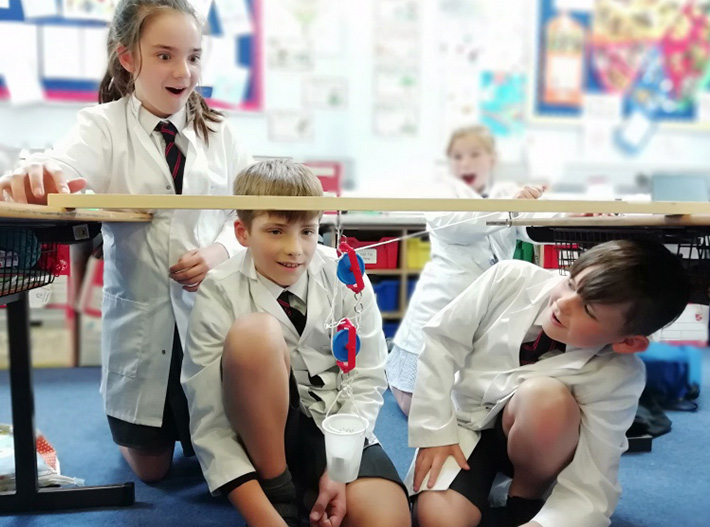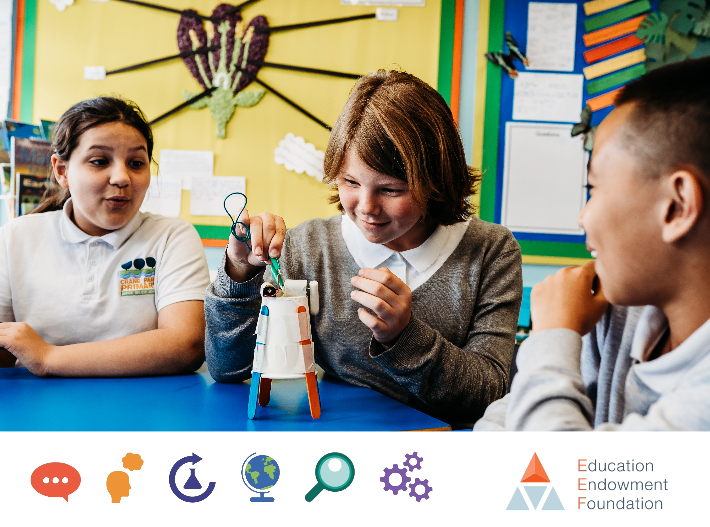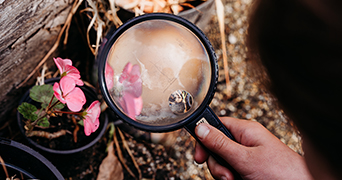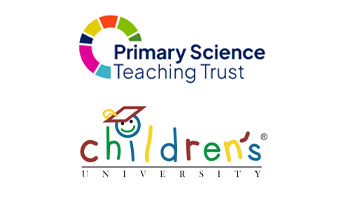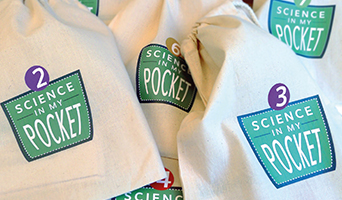Here you can find practical guidance on how to assess science progress in your school, ensure every learner is included, and draw on children’s science capital to address inequalities in the classroom.

Theory & Practice
We have worked with universities and other partners to develop a strong understanding of the theory and practice of primary science.
Explore the links below to find out more about ways to improve science teaching and learning
Explore these links to further your knowledge of primary science education
Climate science education – Supporting the development of climate science education in primary schools.
Creativity in primary science – Exemplification of creativity in primary science.
The Journal of Emergent Science – (JES) has a research focus on primary aged learners and we see it as a
pivotal step in supporting and promoting research amongst practising teachers.
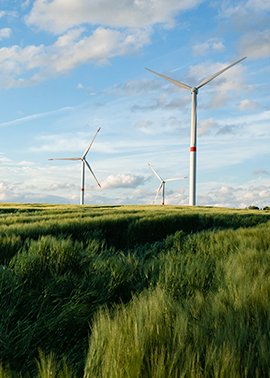
Climate science education
Learn more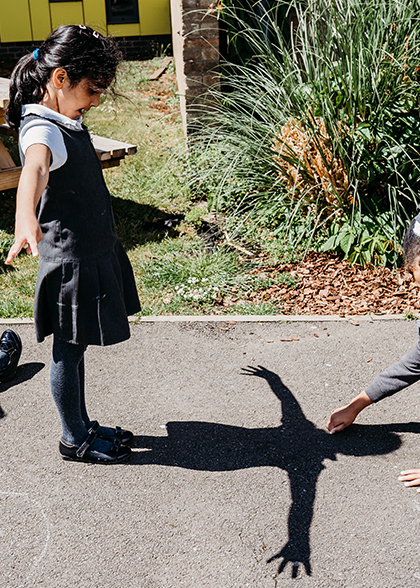
Creativity in primary science
Learn more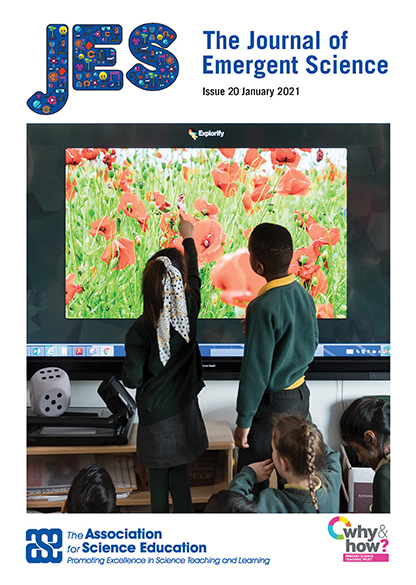
Journal of Emergent Science
Learn more